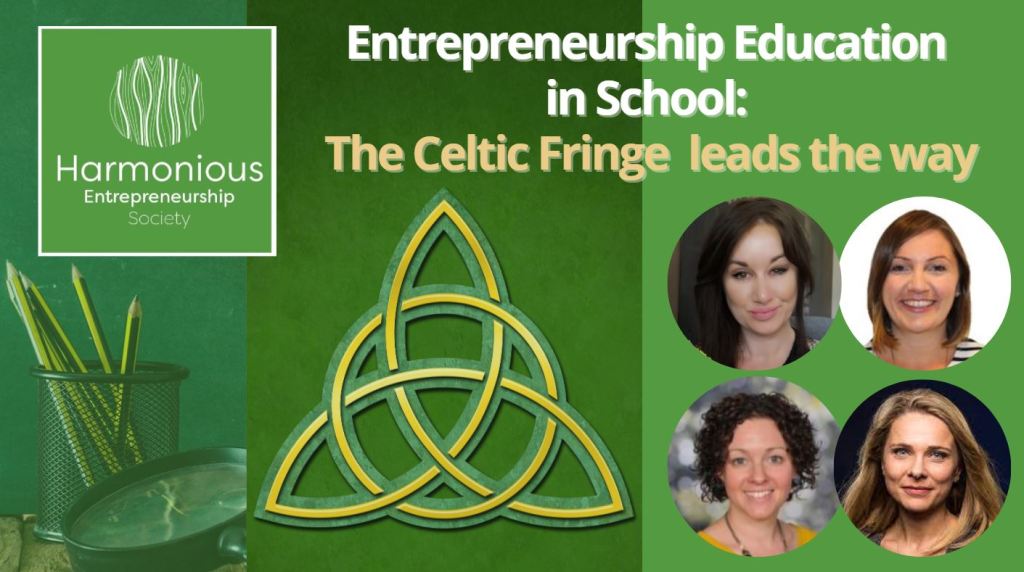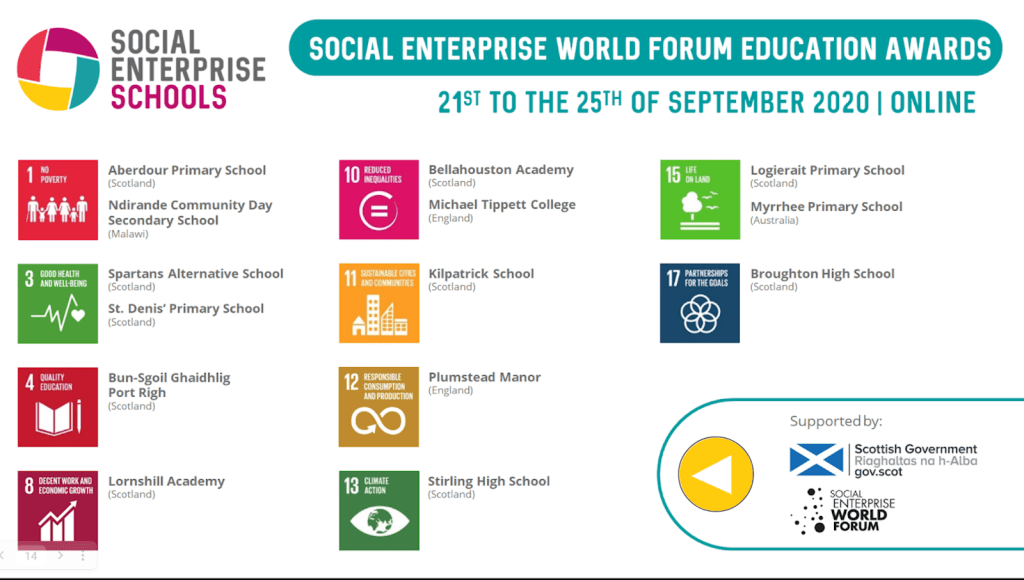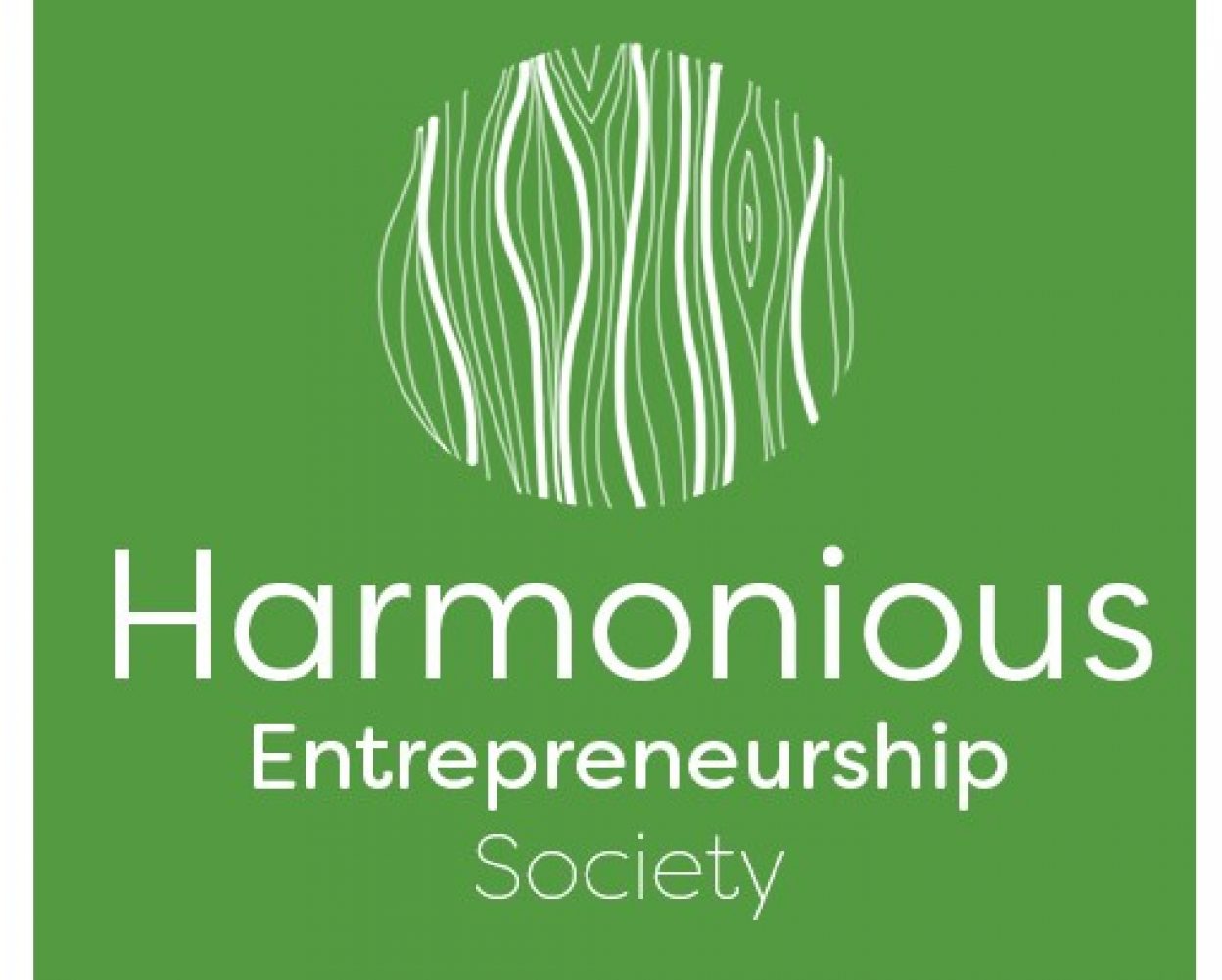
Whilst interest in entrepreneurship education has increased over the decades, fuelled by committed advocates such as the European Commission, its implementation remains sporadic, even across countries that have developed relatively comprehensive entrepreneurship programmes. Although it is widely recognised that entrepreneurship should be taught in school, and what is now Global Entrepreneurship Week was intended initially to raise awareness of the importance of entrepreneurship among children and young people, the focus has been largely on graduate-level programmes. Entrepreneurship education in primary and secondary schools remains lower than any other entrepreneurship framework condition. Yet, childhood is the preferred period to plant entrepreneurial seeds and to nurture positive attitudes toward entrepreneurship as Peterman and Kennedy (2003) have recognised.
For a real commitment to value creation behaviours and mindset, our children need to be exposed to entrepreneurship from a very early age, with a continued focus throughout their school years, developing their understanding in the way they think and behave over the longer term. Entrepreneurship education should not be minimised to a bolt-on subject or activity either. It needs to be a core activity and included in the curriculum for all students, not just addressing wealth and job creation, important though they are, but the broader sustainability issues relating to people and the planet, as depicted by the UNs 17 SDGs. And in some ways, entrepreneurial thinking, on a fundamental level, is a very necessary challenge we need for all our children for whatever context they are headed, for it prepares mindsets that are risk-taking, that challenge boundaries, that are pro-active and that ultimately create more than just good, conformist employees.
As an ambassador of value creation through the SDGs, I have the opportunity to network with many innovative projects. Last week I spent time with Emily Mnyayi, of the Social Enterprise Academy (SEA) and Julie Degnan of Scotland’s Enterprising Schools (SES). These two Scottish cases demonstrate how they are introducing very young school children to the concept of entrepreneurship in general, and harmonious entrepreneurship in particular without using the latter term directly.

The Social Enterprise Academy schools programme has since 2007 supported young people to set up and grow sustainable social enterprises in their schools and communities. Offering transformational learning experiences, they target key employability skills whilst aspiring to effect ongoing social change in their communities and beyond. To date, they have worked with over 50,000 young people in over 100 nurseries, schools, and colleges across Scotland. The schools programme has also been running in their partner hub in Australia for 5 years and pilots have taken place in London, Malawi, Egypt, Malaysia, and South Africa.
“We are a social change organisation and the core of our business is in the adult learning space, providing support for social entrepreneurs and the wider third sector around personal development, leadership, and entrepreneurship, all vital to complement business support for enterprising and resilient behaviours” said Emily Mnyayi, SEA’s Head of Social Enterprise in Education. In 2007, after being approached by the Scottish government to support the social enterprise agenda amongst young people, SEA continued to expand its work, facilitating real-life experiences for young people to become more confident and active citizens and change agents. “To date, we’ve worked with over 1000 schools across Scotland, with a target to work with all schools by 2024. We do a combination of teacher support and working on the ground with young people matched with a social entrepreneur”.
The SDGs are a strong theme that runs through the projects. “Framing our entrepreneurship work around the SDGs is useful,” says Emily. “It’s a key framework for people to use, that young people know are not just for politicians or country leaders to take action on. They are inspired to take action and increase their sense of agency as they do something positive in their community…”. There is a growing recognition that social enterprises generate positive social and environmental impacts throughout their socially orientated value chains. From ethical sourcing of products; in their operations, where for instance they may employ individuals from marginalised populations; through the products and services they offer, and how their profits or surpluses are distributed.
Last Autumn (2020) SEA ran an online education awards ceremony for the Social Enterprise World Forum to celebrate the efforts of young people contributing towards the SDGs through social enterprise, building their skills and confidence, and demonstrating what a positive asset they are to their communities. The Forum was attended by over 3,000 social entrepreneurs and change makers from over 50 countries around the world.

Last month they also engaged in another school takeover for their annual special edition of the “Big Issue” magazine, with the SDGs as their theme. “We have a great piece from Richard Curtis, movie-making legend, comedy hero and global Activist [https://www.unsdgadvocates.org/richard-curtis], explaining why it’s so important to explore the SDGs with young people to enable the new generations to find their purpose and work hard to make the right things happen” says Emily.
Since 2015, Scotland’s Enterprising Schools (SES), a partner to SEA, has also been working to inspire and equip young people, to learn, develop and reach their full potential through enterprise education. They do this by leading and supporting the drive to build capacity among teaching practitioners to develop their learning, knowledge, skills, and practice, enabling them to use enterprise education as a valuable route for enhanced learning and working, along with collaborating with organisations such as SEA and Young Enterprise Scotland (YES) who work directly with young people. Julie Degnan, as Project Manager, has overall responsibility for all aspects of Scotland’s Enterprising Schools activity, including development and maintenance of effective relationships with other organisations and the promotion and management of career-long professional learning delivery across all local authorities.

SES has worked with Young Enterprise Scotland (YES) to engage their young people, drawn from the primary, secondary, additional needs and further education sectors, in both live and simulated projects. Increasingly they have worked to develop an enterprising mindset and skills with a sustainability focus, with focused efforts on developing knowledge and understanding of the concept, benefit, and principles of the Circular Economy. “We have a key responsibility,” said Julie, “to help our young people develop an understanding of the link between the Circular Economy, Sustainable Development, and the Global Goals”. The YES Young Enterprise Circular Economy Challenge recognises that today, more than ever, young people are acutely aware of their impact on the planet and want to help make a difference. Our young people are introduced to the benefits and principles of the Circular Economy through case studies and interaction with business ambassadors. They have the opportunity to design a ’circular’ product or service where everything has value, and nothing is wasted. They are then given the opportunity to present their ideas to a judging panel of experts. This is enterprising skills in a real-life context, affording an understanding of the world of business, design and technology. “We also have a lot of covid-context online activities” added Julie. A recent ‘Earth Fest Challenge’ farmer collaboration simulated project gave their students the chance to work with a farmer to help generate extra income in what has been a particularly bad year for profit. They are given complete creative and decision-making control over a green/eco-friendly initiative.
These are two Scottish examples of how young children are being introduced to entrepreneurship and sustainability in schools. Meanwhile, in Wales we have EntreCompEdu, which is an online CPD package and framework designed to give educators/teachers the skills to develop entrepreneurial and innovative skills in their students, with which I am involved as European Steering Group Member and country trainer. Some of my pilot participants include Dafen Primary School who are the first global EntreCompeEdu Pioneer school to demonstrate the concrete transferability of the EntreComp framework in developing enterprising, creative contributors, ready to play a full part in life and work. I also work as an Entrepreneurial Champion for the International Institute for Creative Entrepreneurial Development to promote entrepreneurship at the University of Wales Trinity St David (UWTSD), recognising the critical role that higher education institutions play in fostering entrepreneurial culture among its students an also targeting educators including the teachers and learning facilitators in training headed for the schools and non formal education sector.

Dr Tyra Oseng-Rees, of Oseng-Rees Reflections, Wales and the UWTSD, in addition to making artisan sustainable glass material for the interior environment, is also teaching school children and university students about entrepreneurship and sustainability. Tyra’s bee project has helped young people learn about pollinators and bumblebees and the importance of protecting them, as well as learn about and reflect on environmental issues and recycling as reported in an earlier HES post [Sustainability Education through the entrepreneurial recycling of glass bottles].

Tyra has also used her business and production of sustainable fused recycled glass to provide work experience and knowledge about the circular economy for final year students at Business Management at Swansea University, developing also an interdisciplinary undergraduate project at the UWTSD to help students from architecture, art glass, environmental conservation, mechanical engineering, and project and construction management to work collaboratively to facilitate social wellbeing and a healthy society.
So I ask…
Should all schools be introducing children to entrepreneurship and sustainability at the youngest of ages, or should they be only introduced when the children are considerably older and as extra-curricular activities? How should it be done?
References and Links
Peterman, N.E. and Kennedy. J. (Nov 2003). ‘Enterprise Education: Influencing Students’ Perceptions of Entrepreneurship’ , Entrepreneurship: Theory and Practice, 28(2):129 – 144.
If you get a chance to link into the virtual opening ceremony video for the online education awards ceremony for the Social Enterprise World Forum run by SEA noted above. ‘Hallelujah’ performed by the Roedean School (SA). ‘Apart in uncertain times, but together in spirit and song’. I encourage you to do so. This spoke to me powerfully.
© Felicity Healey-Benson and Harmonious-Entrepreneurship.org (2021). Unauthorized use and/or duplication of this material without express and written permission from the author is strictly prohibited. Excerpts and links may be used, provided that full and clear credit is given to Felicity Healey-Benson and Harmonious-Entrereneurship.org with appropriate and specific direction to the original content.


Of course entrepreneurship and enterprise education should be introduced to schools in England as soon as possible., just as your examples show how it has bern done in Scotland and Wales. There are also many other good examples in Scandinavia.
The problem is that school heads and teachers have many priorities and even more due to Covid-19.
Some progress is being made with the Gatsby Benchmarking Programme, but it emphasises careers not developing an enterprising mindset in school children.
I will share David Kirby’s LinkedIn post with a range of interested people and let us see what reaction we get.
LikeLiked by 1 person
Thank you Professor Adams for your comments, and for also the forwarding on – really lovely to hear your voice here!! We have important work to do 🙂
LikeLike
Thanks Scottish Enterprising Schools for the write up: https://enterprisingschools.scot/news/scotland-encourages-enterprise-early-21-04-2021
LikeLike